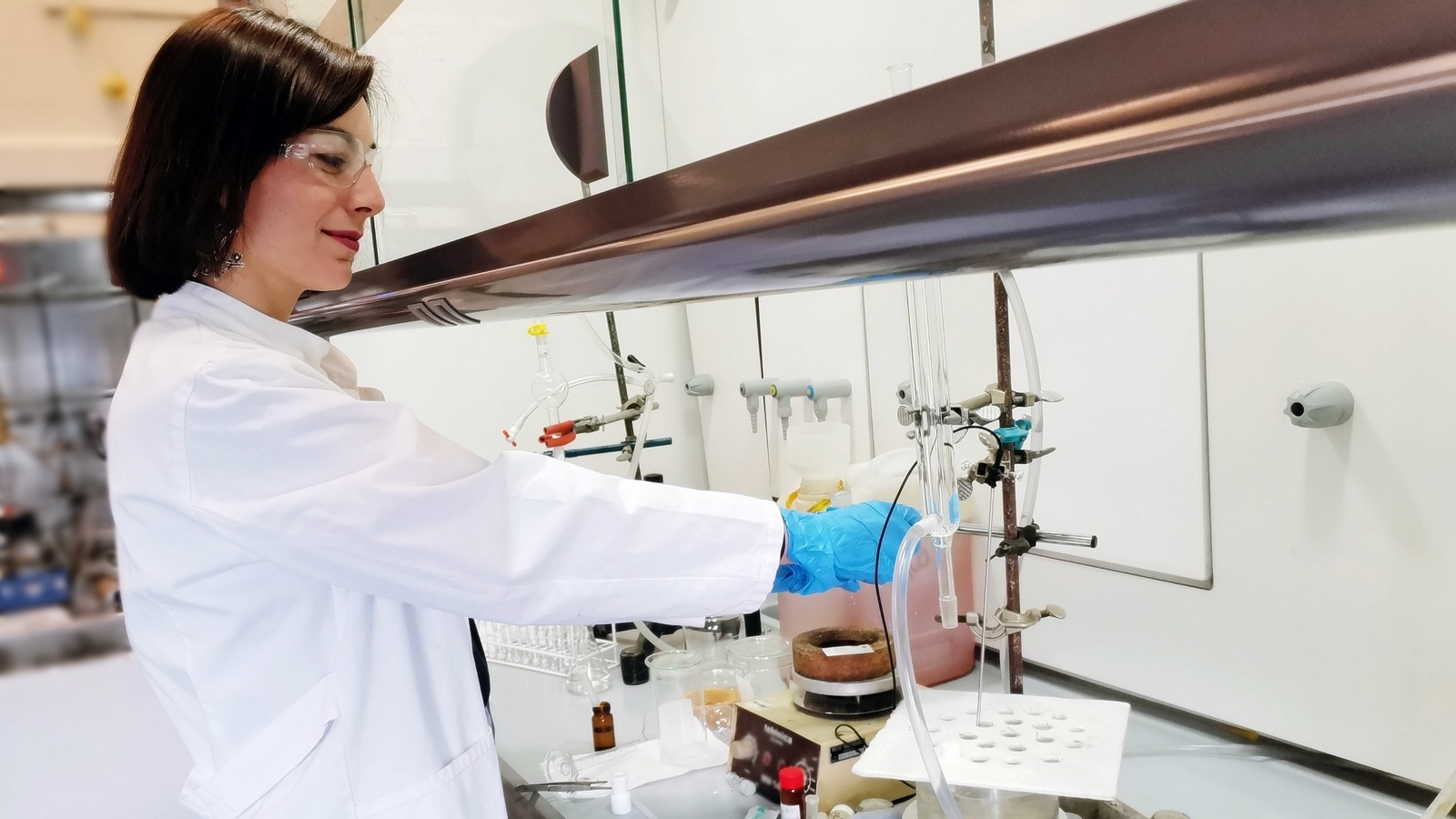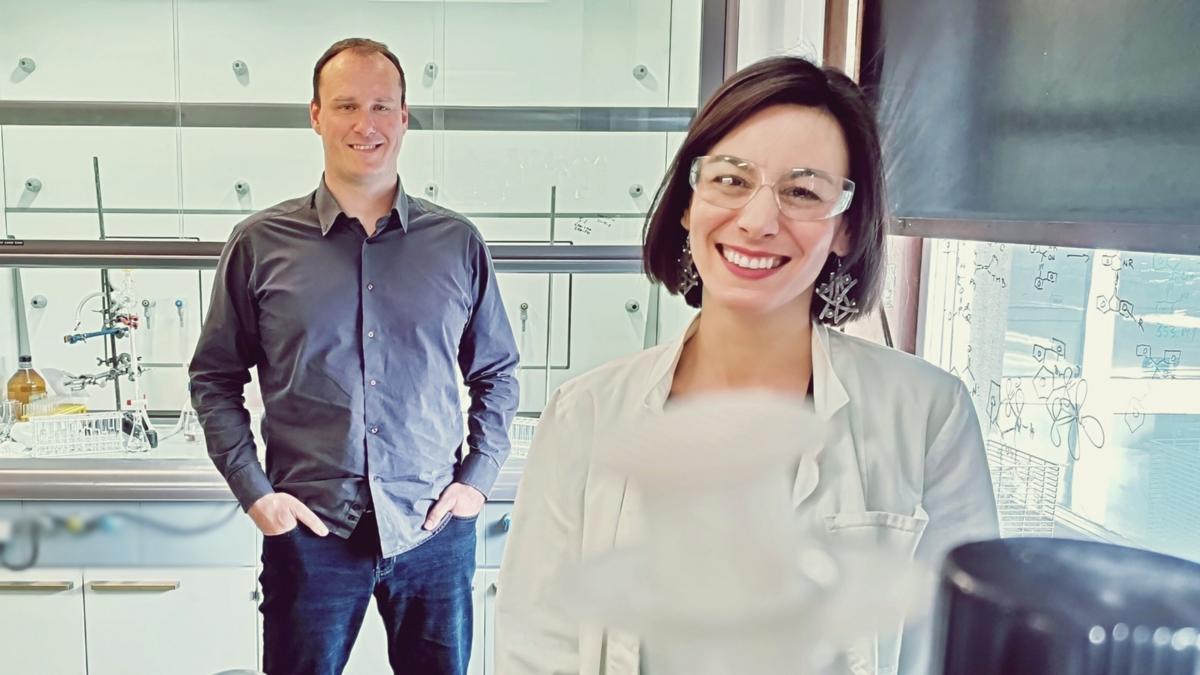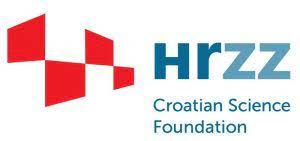The developed asymmetric organocatalytic method exhibits higher yields and optical purities when compared to existing methods, which, together with the use of readily and commercially available compounds and demonstrated efficiency on a larger scale, promises the application of these results in industry.
It is worth noting that the 2021 Nobel Prize in Chemistry was awarded for the development of asymmetric organocatalysis. Indeed, several areas of research and industry depend on the ability of scientists to quickly create molecules in an environmentally friendly way that can be used to obtain new and more durable materials with different functions, whether for energy storage in batteries or for the treatment of diseases.
This development of new chemical reactions through the controlled joining of atoms or smaller molecules into more complex systems with well-defined geometries is in the research focus of the Group for the asymmetric organocatalysis, led by Dr Matija Gredičak, within the RBI Laboratory for biomimetic chemistry.
"Molecule-forming processes are crucial not only for academic research, but also for industrial applications, as they enable the construction of new functional materials, as well as some known natural compounds, thus contributing to the conservation of flora and fauna that would otherwise be exploited for their extraction," explains Dr Gredičak.
Mateja Matišić i Matija Gredičak
A 'greener' and more effective protocol
The pharmaceutical industry is constantly searching for derivatives that can be tested as candidates for new drugs – so-called "lead compounds" – but that would also improve certain properties and the efficacy of existing drugs. To make these processes as efficient and environmentally friendly as possible, scientists are constantly working to improve existing protocols for obtaining such derivatives.
"Given the potential of compounds containing an isoindolinone structural core, the last decade has seen development of elegant methodologies for the synthesis of entirely new derivatives that could exhibit improved or even entirely new properties. Our research focuses on methods leading toward optically pure derivatives of these cores by stereoselective generation of carbon-carbon bonds," explains Dr. Matija Gredičak.
"Compared to existing methods, this protocol uses commercially available ketones and the reactions result in products with high yields and optical purity, which allows the generation of more complex structures. We have demonstrated the applicability of the method by performing the reaction on a larger scale, and we have also shown that the obtained products can be converted into other useful derivatives by subsequent post-modifications," says PhD student Mateja Matišić, co-author of the published work.
Mateja Matišić joined the group in late 2018 thanks to the 'Career Development of Young Researchers' program (DOK-2018-01-8487) of the Croatian Science Foundation (HrZZ).
Mateja's mentor and group leader, Dr Matija Gredičak, explains that the development of efficient synthetic methods is the focus of the pharmaceutical industry, as they offer a faster, more economical and energy-efficient approach to developing new drugs.
In the future, this research will focus on implementing the technology in industry, which would require collaraboration with private sector.
The development of the new protocol is the result of research carried out under the HrZZ-funded project (IP-2018-01-4053 ACDC-NSYNC).
The results of the research were published in the journal 'Chemical Communications' under the title 'Enantioselective construction of a tetrasubstituted stereocenter in isoindolinones via an organocatalyzed reaction between ketones and 3-hydroxyisoindolinones'.




